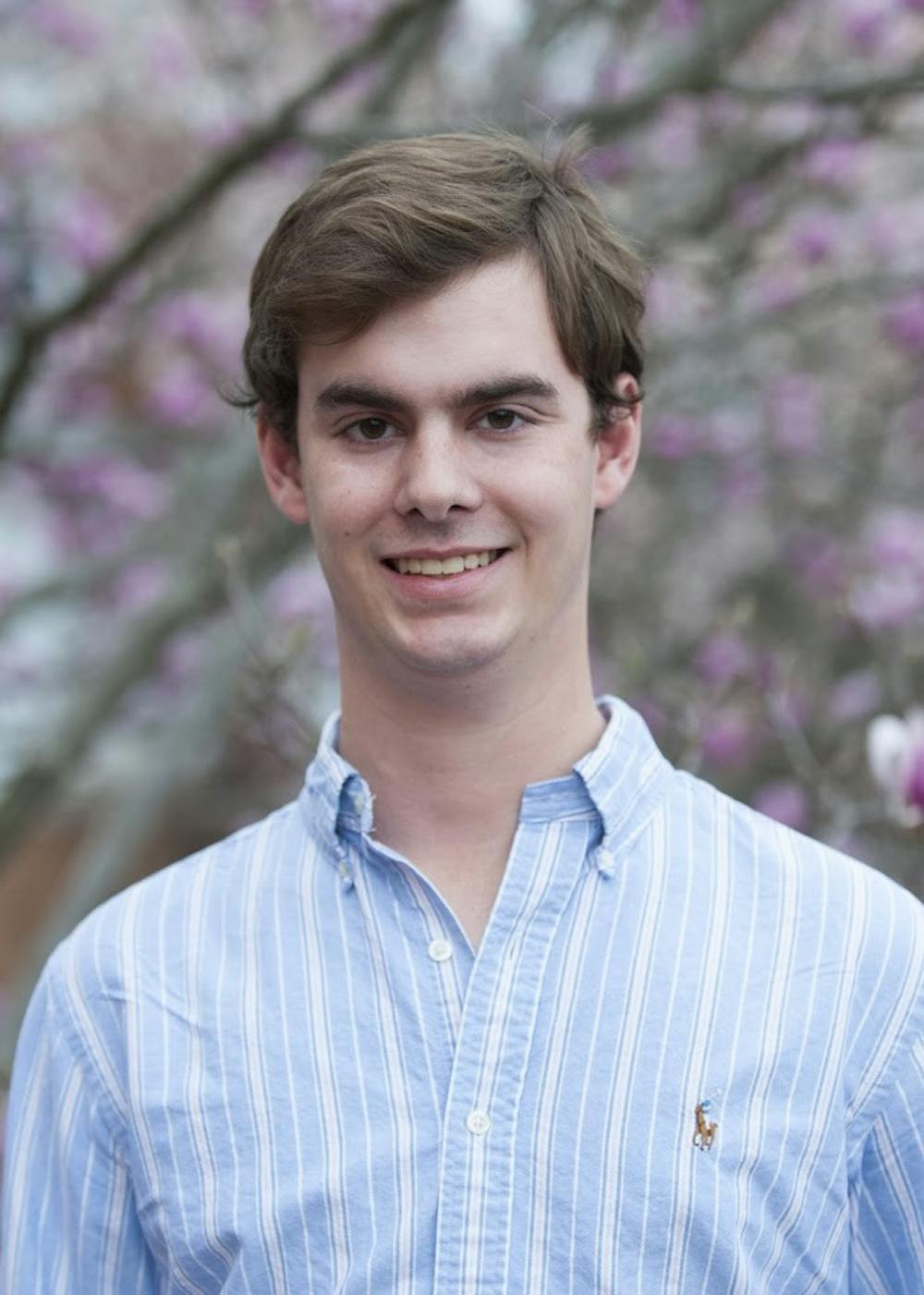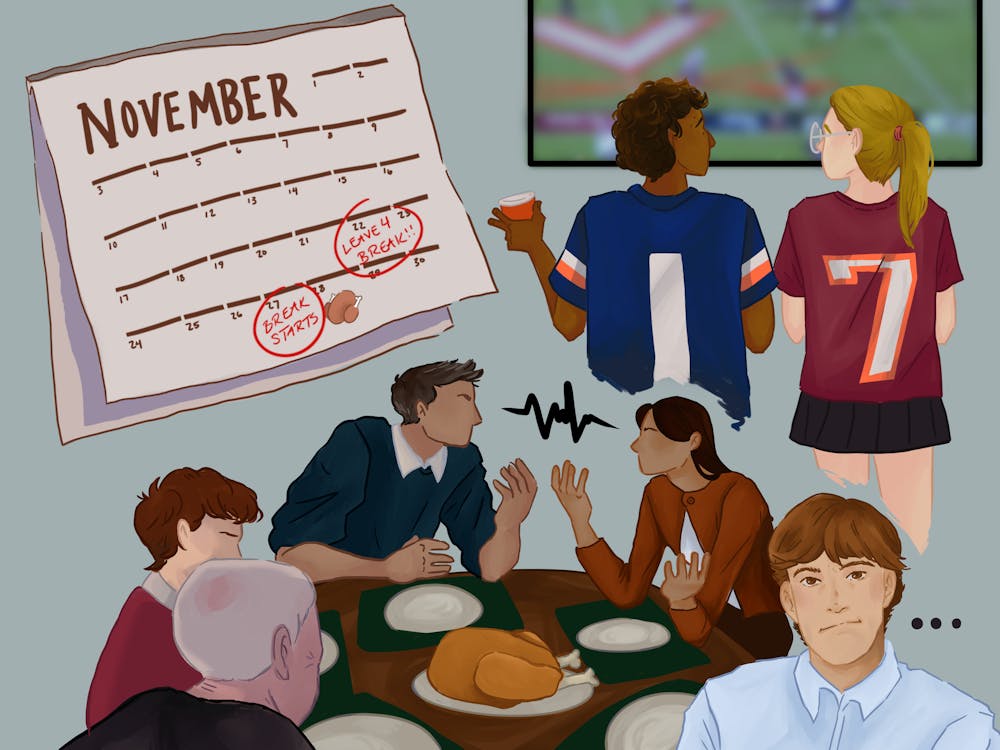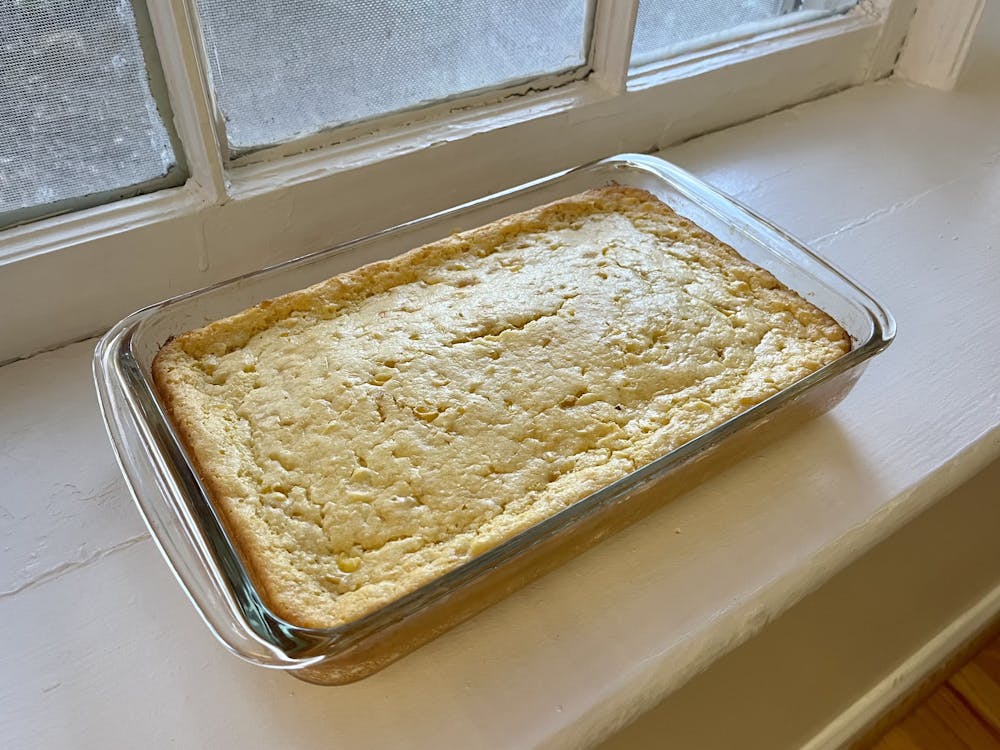When I studied abroad this summer, I experienced a six-week period when sleep was my last priority. It started once I got off my overnight flight from D.C. to Heathrow and I joined 75 fellow somnambulists on a day’s worth of guided tours and orientation meetings. I made it back to my room at 9:30 p.m. and passed out, waking up randomly at 4:30 a.m. the following morning.
Being on a trip always makes me think of an imaginary timer. From the time I stepped off my plane, I had about 1,000 hours to fully experience Europe. Because of this reality, anything resembling eight hours of sleep was impossible. Instead I, like everyone else, spent every day cramming as much as possible into my waking hours, then trying to wake up early enough to shower or at least get a cup of coffee before my 9:00 a.m. class the next morning. When traveling on the weekends, this became even more pronounced. One night I stayed out until three the night before a 5 a.m. cab ride to the airport.
The “you can sleep on the plane” mentality paid off. Occasional emergency naps were just enough to keep me conscious, but unfortunately this was unsustainable upon my return to ordinary life. It’s one thing to resign yourself to extended discomfort during a finite timeframe, but another to base your life around it.
Perhaps my sleep schedule in England was manageable because I have never really lost the classic childhood refusal to go to sleep. In my heart’s core, I simply hate sleeping. True, hitting snooze in the morning and drifting back to sleep feels good at first — and that’s the problem. To me, sleep is like heroin and our brains are hardwired for addiction. At least actual heroin addicts can spend their time stumbling around, practicing their drooling and creating beautiful, drug-induced self-portraits. When you are asleep, you might as well be dead.
I have heard of lucid dreaming, but it has never really appealed to me. For starters, the requisite dream journal would force me to confront those occasional bizarre dreams we are better off repressing. Beyond this, just because you can give yourself superpowers while you’re unconscious doesn’t mean your experiences are real. Lucid dreams are basically just “The Matrix” without any obvious robot conspiracy. If we die in a lucid dream do we die in real life?
It is possible, however, that sleep is the only thing that keeps me from procrastinating indefinitely. I have never had a night so bad that I didn’t spend at least 30 minutes asleep, but maybe if I didn’t have to get at least a brief nap in, I would keep pushing my essays back even further. My midnight panic when I haven’t even started a paper would give way to, “It’s 4 a.m. and class isn’t until eight. I’m fine.”
I have always been a night person, and my most productive hours are a struggle with growing fatigue. I might not even mind if sleep were just a two-hour commitment from 5 a.m. to 7 a.m., but devoting one-third of my life to unconsciousness is egregious.
Sleep is costing me the chance to accomplish something in the wee hours of the morning; a few extra hours is the difference between reading a chapter before falling asleep and finishing the book. At the very least, I could be using the time to re-watch seasons of “Curb Your Enthusiasm.”
Christian’s column runs biweekly Fridays. He can be reached at c.hecht@cavalierdaily.com.





